In business, successful innovation doesn’t merely mean coming up with something new but something new that customers actually want. But how can innovators identify “authentic demand”? In this helpful guide, Matt Chanoff, Mark Wegman, Merrick Furst and Daniel Sabbah analyze the three main kinds of innovation and unveil practical strategies for finding and leveraging real customer needs. Their wide-ranging case studies and innovative techniques are invaluable resources for entrepreneurs, business leaders and anyone seeking to break new ground.
Innovators must discover “authentic demand.”
Innovators often encounter the unique challenge of stasis within a cycle of action. In an interview, songwriter Paul Simon discussed a creative block he faced while writing “Bridge over Troubled Water”: He pieced together the idea for the song but then became “stuck.” This block wasn’t due to a lack of effort or ideas. The problem was that every direction he tried to take led him to an outcome he didn’t like. Simon’s issue mirrors a common innovation scenario in which individuals or teams engage in seemingly productive activities but fail to progress toward the ultimate goal: a finished innovation.
Becoming unstuck requires discovering “authentic demand.” Authentic demand refers to more than finding out what potential customers want. People want many things that they don’t purchase. It involves offering the customer something to which they can’t feel indifferent – to ignore the innovation would seem like a violation of some core norm. In such situations, people find themselves using a product or service as a regular part of their daily lives. The shift to using that product or...
Matt Chanoff is a San Francisco-based angel investor. Mark Wegman is an IBM, ACM and IEEE fellow. Daniel Sabbah was the CTO and general manager for Next Generation Platform at IBM. Merrick Furst is a Distinguished Professor and the director of the Center for Deliberate Innovation at Georgia Tech.










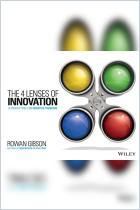
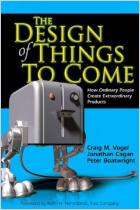
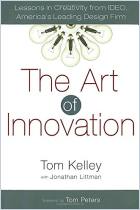
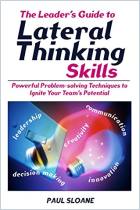
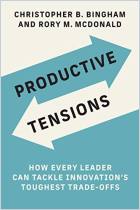
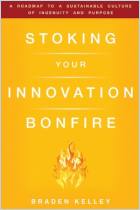




Comment on this summary or 开始讨论